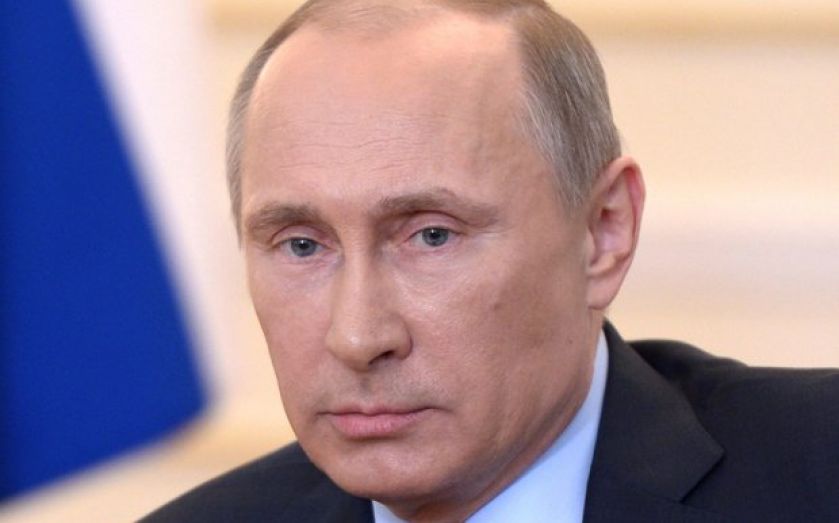Global free trade faces a fragmented future – but we shouldn’t give up yet

What is the point of the World Trade Organisation (WTO), the global body dedicated to helping trade flow smoothy and freely across the world? Before the collapse of talks last week on implementing an agreement on global trade facilitation, lauded at the time of its inking as a historic turning point for an increasingly moribund WTO, this existential question was brushed off as unfairly pessimistic. But the future of the world’s multilateral trading system has long been under threat, even as its membership has steadily expanded.
Over the past decade, the WTO’s success has largely been gauged by the number of countries that have joined and by its role in trade dispute settlement. Ironically, the former has arguably driven the latter, with China and Russia’s entry into the club seeing a surge in the coverage of contentious and often geopoliticised clashes over anti-dumping. The Doha round of talks, launched in 2001 to lower global tariff barriers, quickly ran into trouble and out of steam over agricultural subsidies. A victim of its own membership success, the WTO’s prime focus shifted to litigation.
The benefit of the trade deal originally reached in Bali seven months ago was that the more controversial elements of Doha, such as the dispute over India’s heavily-subsidised food security programme, were pushed to one side for separate negotiation. This allowed progress on cutting trade-related red tape around customs procedures to move ahead, with the deadline for ratifying the Bali agreement set for 31 July.
Yet in a surprise move, which hints that Indian Prime Minister Modi may be pro-business but less predictable on free trade, India withheld its support to push for a new timeline on a deal over its agricultural stockpiling. The eleventh hour breakthrough never came, leading to the collapse in talks.
In the UK, we pay less and less attention to the fortunes of the multilateral trading system. Unlike other developed nations like the US, we not only practice what we preach about protectionism, but are bound to do so by our EU membership. The EU also negotiates on behalf of the UK and all its other member states in the WTO, while representing our interests in regional and bilateral trade agreements. And it is the rapid growth of these types of agreements, largely in response to multilateralism’s waning prospects, which undermine the WTO’s relevance to advancing trade liberalisation.
UK businesses do not have time to wait for decade-long global negotiations. We are all in a global race and opportunities in high growth markets are to be won now. Those who establish themselves in these markets are likely to find they have a long-term competitive advantage.
But if the WTO wants to be relevant beyond being a forum for dispute settlement, the so-called development agenda needs to be negotiated elsewhere. This remains unlikely, however, since there is political pressure on the WTO to make trade “fair” rather than just “free”. This subjectivity is a political decision and, in many ways, the WTO is a victim of its own global membership success – political debate about what should be included in the trade agenda seeped in as the numbers grew.
The world wants and needs free trade. New businesses are providing hope, opportunity and progress across the world. The challenge is to keep growth going and ensure that someone’s view of the fair trade perfect is not allowed to stop the general free trade good.
Should we give up on the WTO? No, or rather not yet. But our expectations for what it can and should tackle need to be recalibrated. A version of the EU’s “enhanced cooperation” principle, in which critical masses of players take forward plurilateral agreements, should be made use of more often within the WTO. Regional and bilateral trade agreements are here to stay. The successful implementation of the Bali trade facilitation agreement would not have changed this fact. Canada finalised the text of its own deal with the EU this week. And these deals are venturing beyond tariff reduction into regulatory convergence, as the US-EU free trade agreement now being negotiated shows.
The WTO as a resolver and enforcer still gives it a pivotal role in ensuring the stability of global trade; that cannot be overstated. Russia’s ban on a number of European agricultural imports will likely see a protracted row at the WTO level. But an increasing focus on averting tit-for-tat trade wars undermines its reputation and ability to free up trade. Accordingly, its relevance to business has steadily diminished. It is of little surprise that regional trade agreements are where lobbying efforts are increasingly being concentrated.
The Bali deal could still be rescued if other countries decide to press ahead without India. This would be the WTO’s first agreement in its 19 years – not enough by any margin, but something. Its shortcomings, however, remind us that, as ever, markets remain two steps ahead of the curve and governments two steps behind.